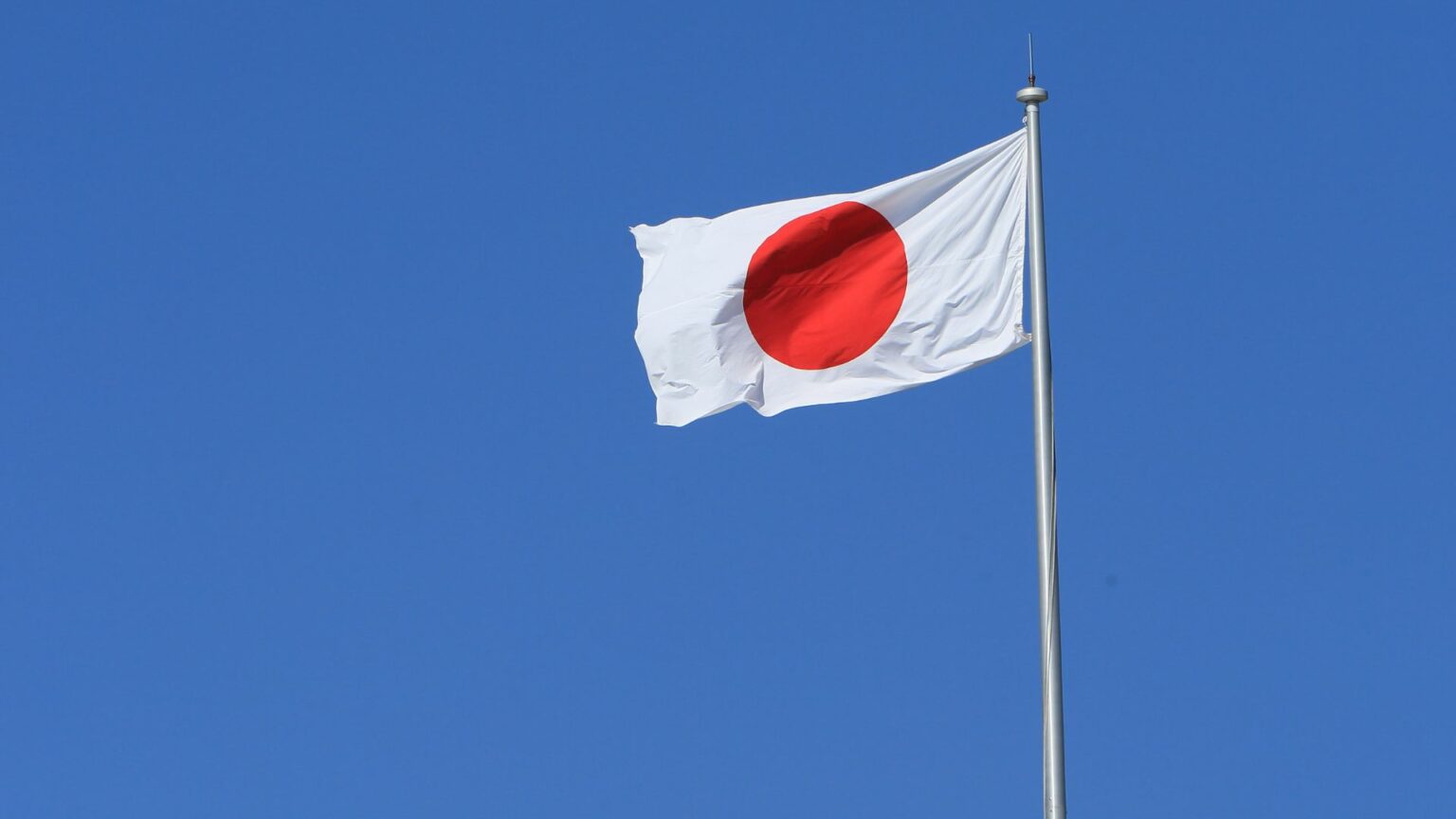Japan’s government has set an ambitious target of achieving carbon neutrality by 2050, positioning hydrogen as a pivotal element in this strategy.
With the revision of the national hydrogen strategy and a planned investment of 15 trillion yen from both public and private sectors over the next 15 years, Japan aims to significantly expand its hydrogen supply. Kawasaki Heavy Industries, a key player in the hydrogen industry, is at the forefront of this initiative, targeting an annual supply of 225,000 tons of hydrogen by 2030.
The Japanese government has enacted the ‘Hydrogen Society Promotion Act,’ which includes provisions for price subsidies and support for hydrogen infrastructure. This legislation aims to address the high costs associated with hydrogen production, which can be up to 12 times more expensive than traditional fuels. The government plans to reduce the price of hydrogen from 100 yen per cubic meter to 30 yen by 2030. This significant reduction is essential for making hydrogen a viable energy source and encouraging investment from hydrogen-related companies.
Kawasaki Heavy Industries is spearheading the development of a global hydrogen supply chain. The company’s focus includes the entire hydrogen lifecycle, from manufacturing to transportation and storage. Kawasaki’s achievements in liquefied hydrogen technology are notable. The successful demonstration project using the ‘Hydrogen Frontier’—the world’s first liquefied hydrogen carrier—proved the feasibility of transporting liquefied hydrogen over long distances. This project, conducted by HySTRA, involved multiple companies and showcased Japan’s capability in building an international hydrogen supply chain.
While Japan’s hydrogen strategy is ambitious, it faces significant competition and challenges. Countries like Germany and Australia are also heavily investing in hydrogen infrastructure. Germany, for instance, has committed to establishing a comprehensive hydrogen network, supported by substantial government funding. Japan’s approach, which combines both public and private investment, must ensure efficiency and sustainability to compete effectively on the global stage.
The shift towards hydrogen has significant environmental benefits, particularly in reducing greenhouse gas emissions. However, the production of hydrogen itself must be sustainable. Japan’s strategy includes supporting low-carbon hydrogen production, which is crucial for the overall environmental impact. Economically, the development of a hydrogen supply chain is expected to create jobs and stimulate technological advancements. The government’s plan to invest 15 trillion yen in this sector highlights the economic potential and the anticipated growth in hydrogen-related industries.
